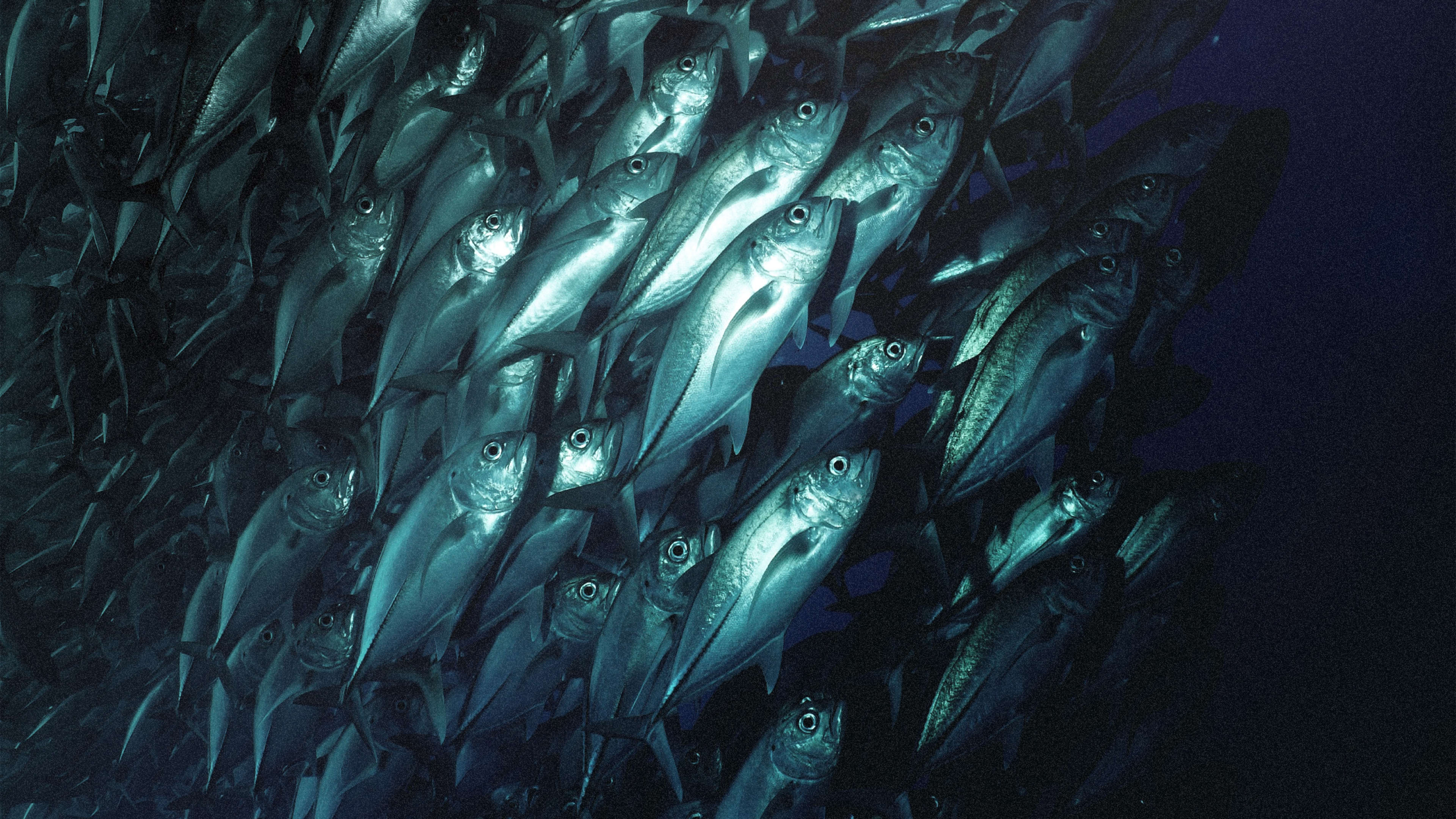According to the World Wildlife Fund, the number of fish species facing overfishing has tripled in the past 50 years. Overfishing doesn’t just deplete the species of fish people catch on purpose. It can also mean death for sea creatures that get inadvertently caught up in nets and other means fisheries use to, ultimately, put seafood dinners on our tables.
Iberostar, an international hotel chain with outposts in the Caribbean, Spain, and Mexico, has identified this problem and made moves to ensure it’s getting its restaurants seafood from environmentally responsible suppliers. So far, 15% of Iberostar’s seafood suppliers have been certified by the Marine Stewardship Council and the Aquaculture Stewardship Council, meaning these suppliers can verify the chain of custody for the seafood they provide. Both the MSC and ASC seek to protect overfished species by making seafood suppliers comply with fishing laws. The hotel group also reports that 90% of its restaurants’ overall food suppliers are local.
Neither of these efforts are particularly easy—hence the relatively small percentage of sustainably sourced seafood the hotel has managed even with concerted effort. To put it in perspective, Iberostar’s restaurants in the Dominican Republic had to ban 34 species of sea creatures from their menus to meet this goal. Today, the hotel chain reports serving close to 19,000 pounds of MSC- and ASC-certified seafood per month—the equivalent of about 86,000 servings.

“One of our biggest challenges . . . is to first trace where our products come from,” says Iberostar’s director of sustainability, Megan Morikawa. She says that Iberostar is working with its noncertified suppliers to help them make their chains of custody transparent, too.
“These are some of the largest suppliers for the tourism industry in these countries,” says Morikawa. “When they get certified, it opens up an avenue for other hotels to move toward certified seafood.”
Charles Parks, corporate food and beverage director of Iberostar Group in America, says as a chef, he first started noticing an issue with non-sustainable seafood practices “about two years ago.”
“We started to talk about food waste, and the quality—like tuna got really popular really fast, with sushi” and the explosion of interest in Japanese food, Parks says. As the popularity of seafood-based dishes rose, “chefs were asking themselves, how can we get that much product?” Parks started to see lower-quality fish as the industry shifted to accommodate this newfound appetite.
Morikawa notes that a lot of tuna and marlin are caught using longline fishing. “You have a long line that ends up with a lot of bycatch, less fresh product, and a lot of species that end up needing to be thrown away,” she says.
Twenty of Iberostar’s seafood suppliers are now certified by the MSC and ASC, as are seven of the company’s restaurants, in Mexico, the Dominican Republic, Spain, and the Canary Islands. The hotel group’s continuing efforts include training their staff on responsible seafood consumption with FishWise, an organization that works with the seafood industry to implement sustainable and ethical fishing practices.
This is all part of Iberostar’s “Wave of Change” effort, through which the hotel group aims to ultimately source from 25% MSC- and ASC-certified suppliers. Iberostar is also working to get rid of all single-use plastics across its 120 locations.
When it comes to Iberostar using 90% local food suppliers, seafood remains one of the areas where it’s hardest to hold firm to this commitment. “Unfortunately, in the Caribbean, there’s not a lot of examples of local sustainable seafood products,” says Morikawa. “This is something in our long-term plans that we would like to try and work towards.”
Recognize your brand’s excellence by applying to this year’s Brands That Matter Awards before the final deadline, June 7.
Sign up for Brands That Matter notifications here.
